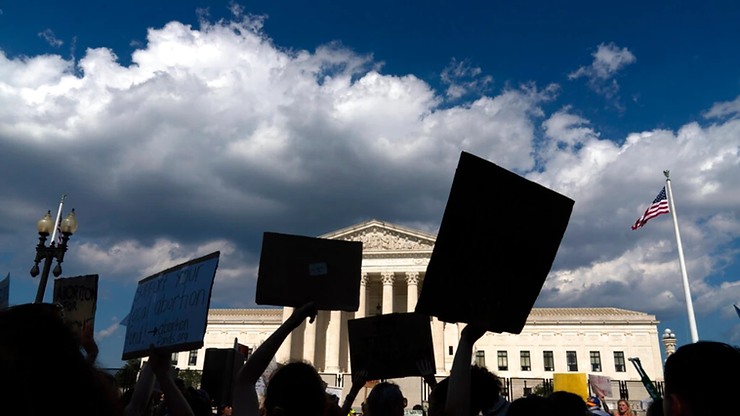By: Sarah Wang
On Saturday, Indiana became the first state to pass an imminent abortion law, restricting it with some exceptions. The decision caused political and economic outcry, and now some of the state’s most significant employers against the new law and Democratic leaders are trying to repeal the law.
Indiana’s Republican-dominant legislature passed the law Friday night. The new law prohibits abortion unless the pregnancy is a case of rape, a product of incest, the fetus has fatal abnormalities, or abortion is necessary to prevent health problems in the mother.
Eli Lily, one of Indiana’s largest pharmaceutical companies and employers, warned that the law would curb the company’s search for employees and recruits, forcing them to search elsewhere for employees.
“We are concerned that this law will hinder Lily’s — and Indiana’s — ability to attract diverse scientific engineering and business talent from around the world,” the company recently said. “Given this new law, we will be forced to plan for more employment growth outside our home state.”
Similarly, Salesforce, another large company, previously relocated employees from places with abortion laws. The Indiana Chamber of Commerce also worries about the state’s tourism industry and how the new law would affect it. In 2015, Indiana lost around $60 million in business after carelessly passing a religious freedom law without regard for tourism.
Democrats all around the nation condemned Indiana’s law after its passing, saying that Indiana’s Republicans speak for Republicans all across the country in the eyes of the public.
“…[It’s] another radical step by Republican legislators to take away women’s reproductive rights and freedom,” White House press secretary Karine Jean-Pierre had said regarding the law.
Major healthcare centers in Indiana, such as Indiana University Health, have been speculating how the ban would affect its doctors and patients.
“We will take the next few weeks to fully understand the terms of the new law and how to incorporate changes into our medical practice to protect our providers and care for people seeking reproductive health,” the health provider said in a statement.











